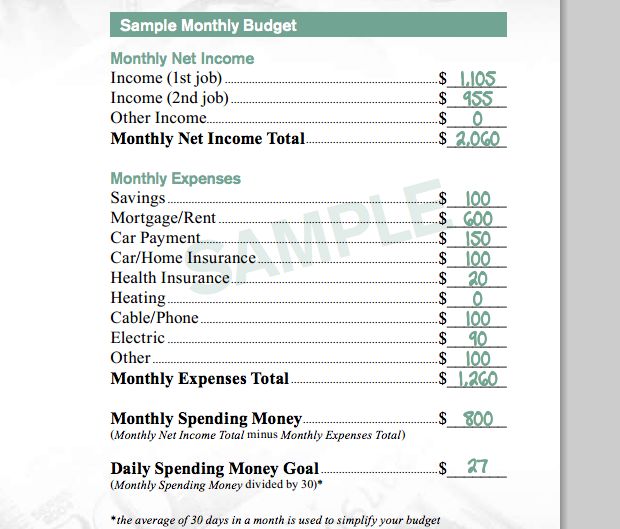Australia - where McDonalds workers earn $15 an hour


Striking fast food workers and the debate about how fairly McDonalds compensates its employees raised the question of how it could double its hourly wages and remain profitable. It's already doing just that in Australia.
If the price of a Big Mac hasn't come across your radar over the past few weeks you probably haven't been online or were stuck in a ridiculously long line at the drive-through. A student at the University of Kansas recently caused a stir with a study that determined McDonalds could afford to pay its U.S. employees US$15 per hour if it were to increase the price of its signature sandwich by sixty-eight cents. Dollar Menu items would cost an additional 17 cents.
The student's study was slightly flawed, but it sparked significant debate - especially in the wake of a controversial McDonalds household budget prepared for employees that many people found to be very unrealistic. I asked some friends what they would be willing to pay, and most were willing to provide McDonalds employees with a living wage for a few more cents.
Pishposh you may say, but it's already happening in Australia where a generous minimum wage pays many full time employees about $14.50 an hour. It's also slated to rise even more in the near future.
The actual cost of a burger in the U.S. isn't that much less expensive if you include all the cost. The U.S. public is paying more than the menu price due to the high percentage of fast food workers that receive government assistance through food stamps, Medicaid and other benefits. McDonalds has seen its net income increase annually over most of the past decade, yet taxpayers are left covering for its employees' basic living expenses.
It's also true that McDonalds is a public company with a fiduciary duty to maximize profits for its shareholders. It faces competition, which would undoubtedly benefit if it were to pass its labor costs onto customers. It may also reflexively lay people off and promote mechanization of its restaurant kitchens if wages rise dramatically.
The Atlantic's Jordan Weissmann dug up the Australia factoids and cited the analysis of Princeton Economist Orley Ashenfelter in a report today. Ashenfelter says that there is a correlation between McWages and McPrices and yes, McDonalds would cuts its labor costs if there was a higher minimum wage.
McDonalds in Australia and Western Europe charge more for their food. The cost isn't passed entirely onto consumers, because the company still finds ways to reduce its labor costs by relying on exceptions to minimum wage laws that allow it to pay younger workers less, introducing more lucrative menu items, using more technology in store, and giving greater responsibilities to its employees as they earn more.
It's a very different business model than the U.S., where cheap labor is king, but McDonalds gets more revenue from Europe than from the United States, Weissmann reported. The golden arches are also very popular in Australia, which has nearly 900 locations operating down under. Higher wages don't scare it away.
Do you think that higher wages, which would give McDonalds workers more spending power are a good idea, or would raising the minimum wage cause more trouble than its worth? We'd like to hear what you think.
Image credits: McDonalds, Wikipedia Commons
Related on SmartPlanet:
- McDonald’s to working poor: Budgeting is easy (in a fantasy world)
- How corporations are crippling U.S. prosperity
This post was originally published on Smartplanet.com